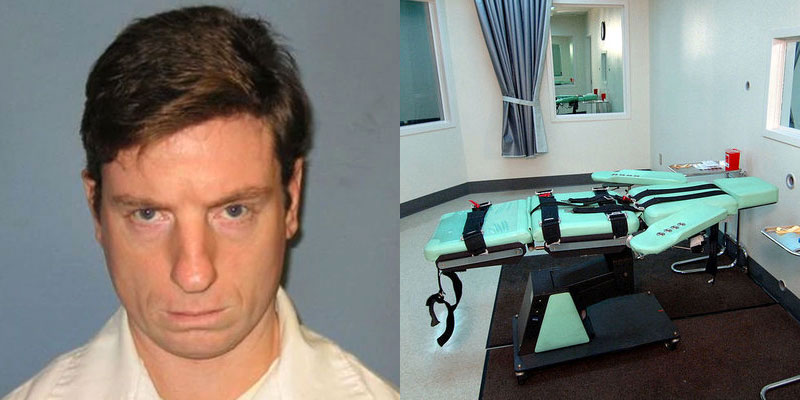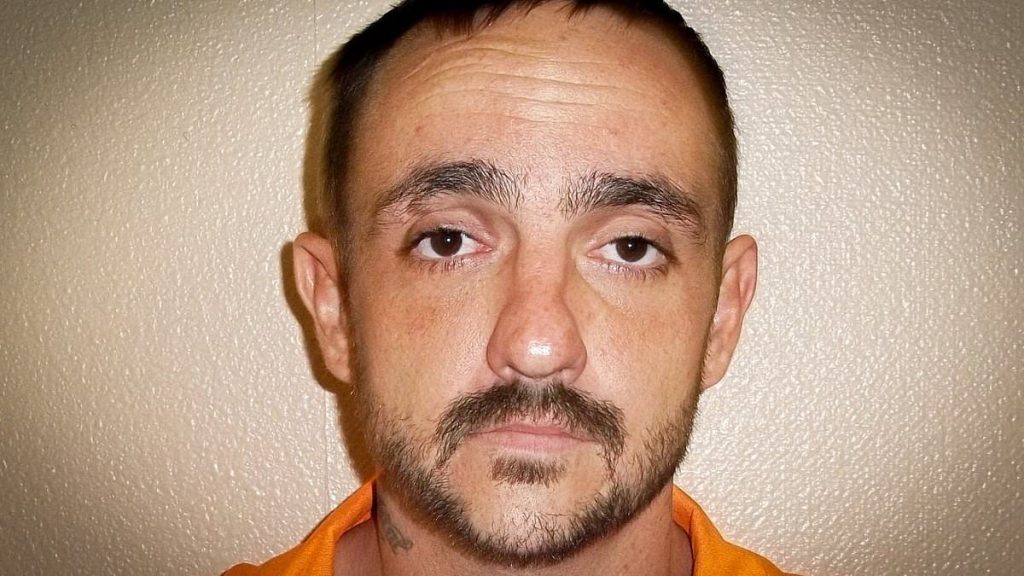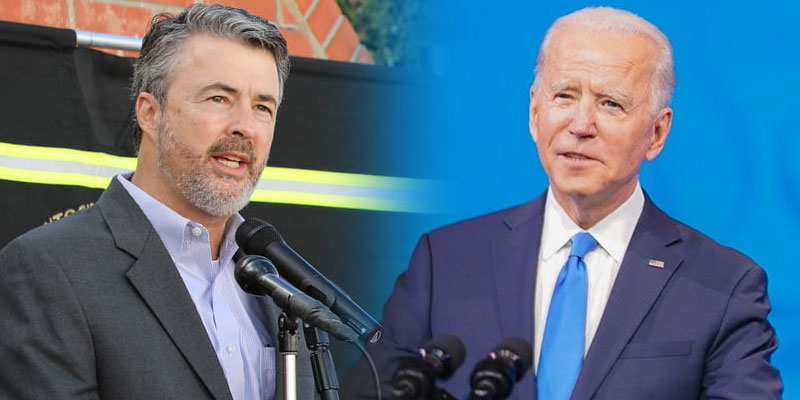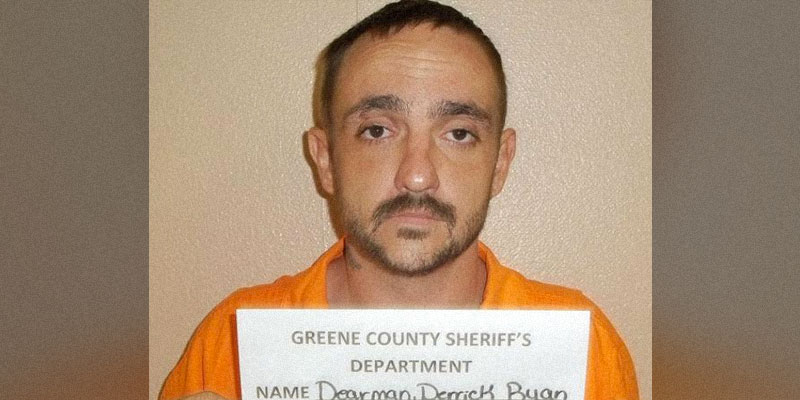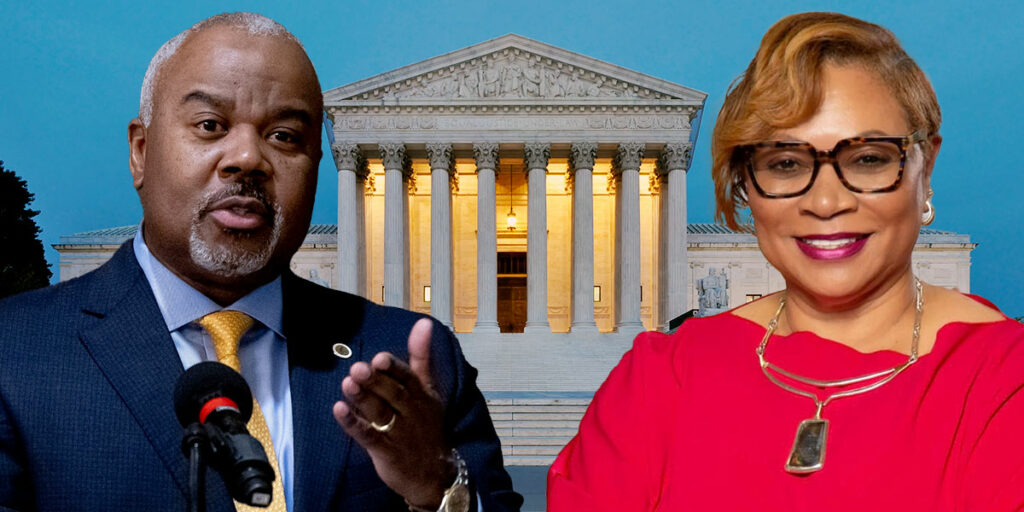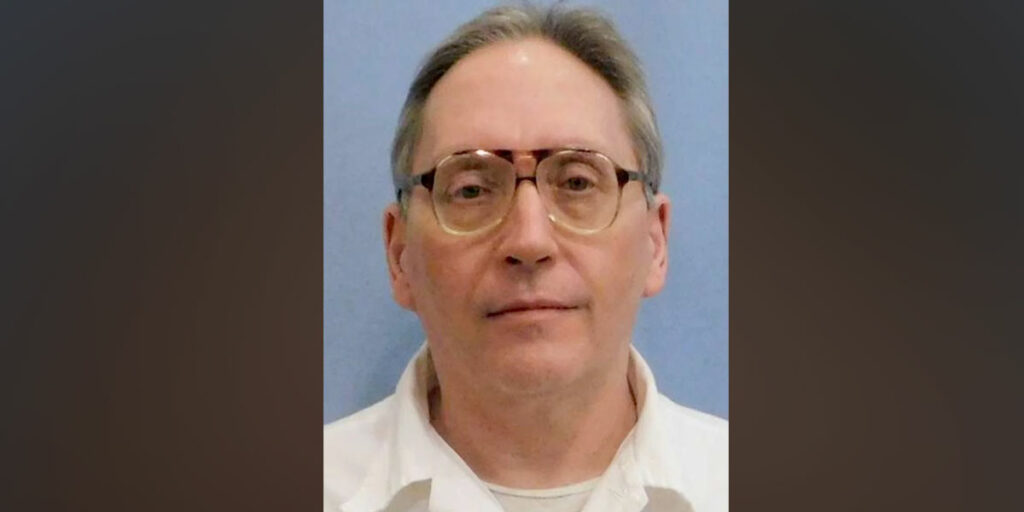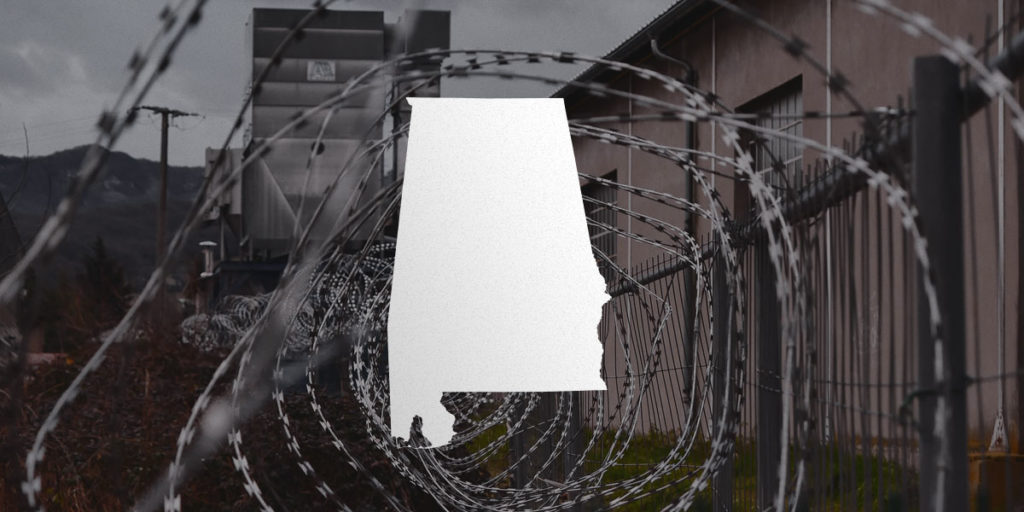An Alabama inmate convicted in the 1991 sword-and-dagger slaying of a pastor was spared from a scheduled lethal injection after the state was unable to lift a last-minute stay in time to carry out his execution Thursday evening.
A federal judge on Thursday stayed the execution of 46-year-old Christopher Lee Price to weigh his challenge to Alabama’s execution process. A divided U.S. Supreme Court lifted the stay early Friday morning, but that came after the death warrant setting his April 11 execution date expired at midnight.
Alabama will have to seek a new execution date from a state court.
Price was convicted of using a sword and dagger to fatally stab Church of Christ pastor Bill Lynn in 1991 as he prepared Christmas gifts for his grandchildren.
Alabama Gov. Kay Ivey and state Attorney General Steve Marshall said they would continue to pursue the death sentence for Price.
“This evening, the state of Alabama witnessed a miscarriage of justice,” Ivey said in a statement.
“This horrendous crime left Pastor Lynn’s wife and family to grieve, and now, almost 30 years later, the family is still left with no closure,” Ivey said.
Prosecutors said Lynn, 57, was at his Fayette County home getting toys ready for his grandchildren when the power was cut.
Lynn went outside to check the fuse box when he was killed, according to court filings.
Lynn’s wife, Bessie Lynn, testified that she was in an upstairs bedroom watching television when she heard a noise.
She said she looked out a window and saw a person dressed in black in a karate stance, holding a sword above her husband’s head.
Bessie Lynn said she went outside to help her husband, but two men ordered her back in the house and demanded money and any jewelry and weapons they had.
An autopsy showed that Lynn had been cut or stabbed more than 30 times.
A second man, Kelvin Coleman, pleaded guilty to murder and was sentenced to life in prison.
The decision to halt the scheduled execution concluded a lengthy evening as the victim’s family and the inmate awaited word about whether the courts would let the state proceed with the lethal injection that was originally scheduled for 6 p.m.
Family members of the slain pastor, including Lynn’s wife and daughters, had planned to witness the lethal injection, prison system spokesman Samantha Banks said.
Price on Wednesday had married his fiance in the visitation yard of the prison, after making a final request to hold the wedding ceremony before his execution.
He ordered two pints of turtle tracks ice cream for his final meal.
Facing a ticking clock and an unresolved legal battle to lift the stay, prison officials announced shortly before midnight that they could not carry out the execution Thursday evening.
The bid to stop the execution centered on Price’s request to be put to death by breathing nitrogen gas.
Alabama in 2018 authorized nitrogen hypoxia as an alternative for carrying out death sentences.
However, Alabama has so far not used nitrogen in an execution or developed procedures to do so.
Price’s attorneys argued that Alabama’s lethal injection drug combination has led to “botched” executions and that nitrogen hypoxia would be less painful.
When Alabama authorized the new execution method, inmates had a 30-day window to request execution by nitrogen and 48 of the more than 170 inmates on death row did so, according to court filings.
Alabama responded that even though nitrogen hypoxia is authorized under state law, it is currently unavailable because the state has been unable to “procure the means for executing someone with nitrogen gas.”
They also contended Price missed the deadline to request nitrogen.
The Supreme Court majority, in vacating the lower court’s stay, sided with the state and said that Price had waited too late to bring the challenge.
In a dissent, Justice Stephen Breyer objected to the court “in the middle of the night” overruling stays issued by both a district judge and the 11th U.S. Circuit Court of Appeals.
“What is at stake in this case is the right of a condemned inmate not to be subjected to cruel and unusual punishment in violation of the Eighth Amendment,” Breyer wrote.
Alabama has carried out one execution so far this year. In February, inmate Dominique Ray was executed for the 1995 murder of a 15-year-old girl.
(Associated Press, copyright 2018)
Sign-up now for our daily newsletter and never miss another article from Yellowhammer New




